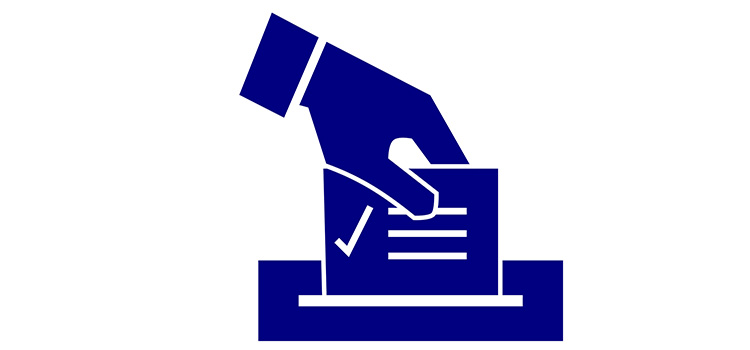Menu
Hot-Topics
May 17, 2022 | SCOTUS Wraps Up Oral Arguments for the Term
Month: February 2019

SCOTUS Rules Eighth Amendment’s Excessive Fines Clause Applies to States
In Timbs v. Indiana, 586 U. S. ____ (2019), the U.S. Supreme Court held that the Eight Amendments’ ban on excessive fines is applicable to states. The Court’s decision was unanimous. Facts of Timbs v. Indiana Tyson Timbs pleaded guilty in ...

Gray v. Sanders Established “One Person, One Vote” Redistricting Principle
In Gray v. Sanders, 372 U.S. 368 (1963), the U.S. Supreme Court established the famous "one person, one vote" principle for legislative districting. “The concept of political equality...can mean only one thing—one person, one vote,” Justice Wi...

Two Partisan Gerrymandering Cases Heard in March Will Impact Redistricting 2020
Next month, the U.S. Supreme Court will consider two cases involving partisan gerrymandering. One case, Benisek v Lamone, challenges a Maryland congressional district, while the other, Rucho v Common Cause, challenges North Carolina’s congressio...

Davis v Bandemer Held Courts Can Decide Partisan Gerrymandering Claims
In Davis v Bandemer, 478 U.S. 109 (1986), the U.S. Supreme Court held that held partisan gerrymandering claims were justiciable. However, the justices failed to agree on a legal standard to address them. Facts of the Case In 1981, the India...

Supreme Court Agrees to Hear Second Amendment Case
The U.S. Supreme Court has agreed to hear its first major Second Amendment case in a decade. The case, New York State Rifle & Pistol Association v City of New York, involves a New York City gun-control law that prohibits transporting a...
Previous Articles
SCOTUS Wraps Up Oral Arguments for the Term
by DONALD SCARINCI on May 17, 2022
The U.S. Supreme Court has concluded its oral arguments for the October 2021 Term. The justices hea...
SCOTUS Rules Censure of Elected Board Member Didn’t Violate First Amendment
by DONALD SCARINCI on May 10, 2022
In Houston Community College System v. Wilson, 595 U.S. ____ (2022), the U.S. Supreme Court held th...
Supreme Court Breach Is Not the First Involving Roe v. Wade
by DONALD SCARINCI on
The recent disclosure of Justice Samuel Alito’s decision purporting to overturn Roe v. Wade is ar...
The Amendments
-
Amendment1
- Establishment ClauseFree Exercise Clause
- Freedom of Speech
- Freedoms of Press
- Freedom of Assembly, and Petitition
-
Amendment2
- The Right to Bear Arms
-
Amendment4
- Unreasonable Searches and Seizures
-
Amendment5
- Due Process
- Eminent Domain
- Rights of Criminal Defendants
Preamble to the Bill of Rights
Congress of the United States begun and held at the City of New-York, on Wednesday the fourth of March, one thousand seven hundred and eighty nine.
THE Conventions of a number of the States, having at the time of their adopting the Constitution, expressed a desire, in order to prevent misconstruction or abuse of its powers, that further declaratory and restrictive clauses should be added: And as extending the ground of public confidence in the Government, will best ensure the beneficent ends of its institution.
Awards




